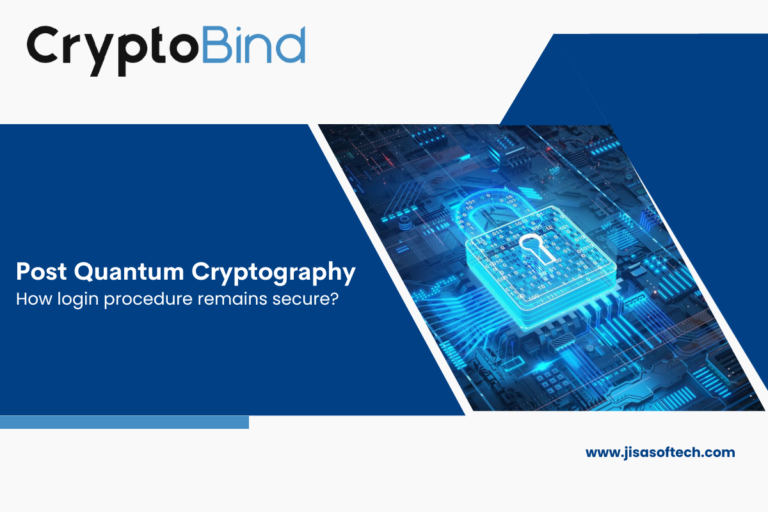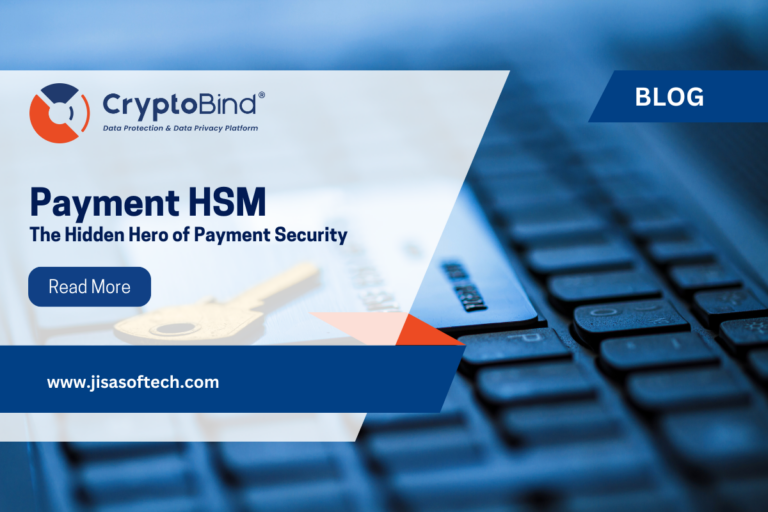The Role of Hardware Security Module in Digital Signing
A Digital Signature is a contemporary replacement for the outdated practice of signing documents on paper with a pen in the modern era, The integrity and authenticity of digital messages, software, and documents are validated using a digital signature, which is a sophisticated mathematical technique. A digital signature offers the highest level of security possible, even if it is the same as a handwritten or stamped seal. A message’s contents won’t be changed while it’s in transit, thanks to the digital signature.
How Do Digital Signature Work?
The foundation of digital signatures is public key cryptography, commonly referred to as asymmetric cryptography. Two keys are generated, one private and one public, using a public key method like RSA, which creates a pair of mathematically related keys.
Two cryptographic keys that mutually authenticate each other are used in public key cryptography to create digital signatures. Data relating to the digital signature is encrypted by the person who makes it using a private key, and can only be decrypted using the signer’s public key.
If the recipient cannot access the document using the signer’s public key, there may be an issue with the signature or the document itself. Digital signatures are verified in this way.
With digital signature technology, all parties must have faith that the person who created the signature has protected the confidentiality of the private key. If a third-party gains access to the private signing key, they could forge digital signatures in the private key holder’s name.
The use of cryptographic algorithms significantly boosts security and transparency in digital signatures, which are essential for building confidence and proving their legal validity. Digital signatures go beyond electronic versions of conventional signatures. Digital signatures are a common use case for public key cryptography and can be used in a variety of contexts, such as when a person submits their taxes online, when a procurement official signs a contract with a vendor, or when a software developer publishes new code.
A hardware security module (HSM) is a piece of physical computing device created specifically for carrying out cryptographic operations (such as generating keys, encrypting and decrypting data, creating and verifying digital signatures) and managing the encryption keys related to those operations. In addition, they can be utilized to strongly enforce access controls and security regulations.
In order to safeguard extremely important and sensitive keys and assets, HSMs are frequently referred to as “roots of trust.”
This indicates that the infrastructure of apps, users, and systems with access to the HSM may rely on the high integrity of the keys and other cryptographic information it receives from the HSM.
HSMs serve as a foundation for trust by ensuring the safety of data and applications and fostering trust throughout the ecosystem.
Read more: HSM and its benefits
Why is HSM important for Digital Signatures?
In order to properly operate reliable and robust platforms of digital signature, best practices necessitate the employment of certified hardware cryptographic technology essential and imperative.
Many people forget the most crucial step after making a significant investment in setting up PKI and digital signature infrastructures: giving these solutions the dependability and security they require by using the crucial component, the HSM or Hardware Security Module to securely store the master keys and generate all of the private keys required for the procedure.
The significance of the Hardware Security Module in Digital Signatures:
- Keeping keys and certificates, as well as other cryptographic data, secure.
- They are made using specialized and secure hardware, preventing hacker attempts.
- Adding an extra layer of protection by keeping decryption keys separate from encrypted data helps to keep data safe in the event of a breach.
- Strengthening key management procedures over the full key lifespan, from creation to destruction and all in between.
- Maintaining strict control over the network interface while allowing only limited access.
HSMs offer the secure environment that is necessary for creating and safeguarding the cryptographic keys that are used to secure and validate sensitive data, which is used in digital signing and electronic signature authentication. If the cryptographic keys associated with the digital signatures are in any way compromised, the entire system will be compromised. As a result, several organizations employ hardware security modules (HSMs) to safeguard the private keys used in secure Digital signatures.
Advantages of Using CryptoBind HSMs for Digital Signatures:
- Secure electronic tracking and storing
- Increase security and compliance
- FIPS certified
- Reduce expenses
- Ensure document integrity
To strengthen your organization’s security, we provide industry-compliant Hardware Security Modules, Key Management Solutions, Tokenization, Encryption, Aadhaar Data Vault, and Authentication solutions. Our innovative solutions have been adopted by businesses across the country to handle mission-critical data security and data protection needs.
To know more about our solution, get in touch with us.
Contact Us:
Website: www.jisasoftech.com
Email: sales@jisasoftech.com
Phone: +91-9619222553







